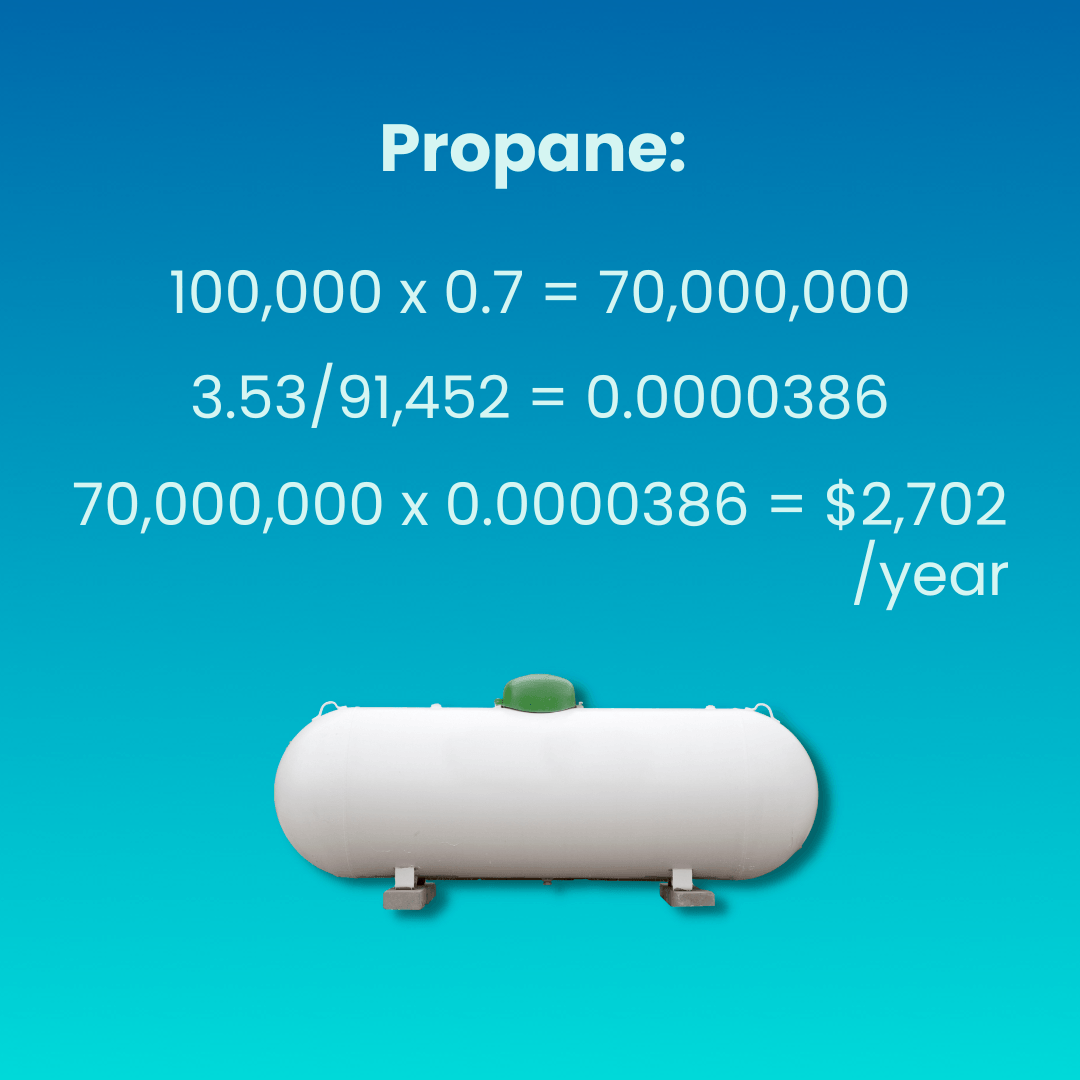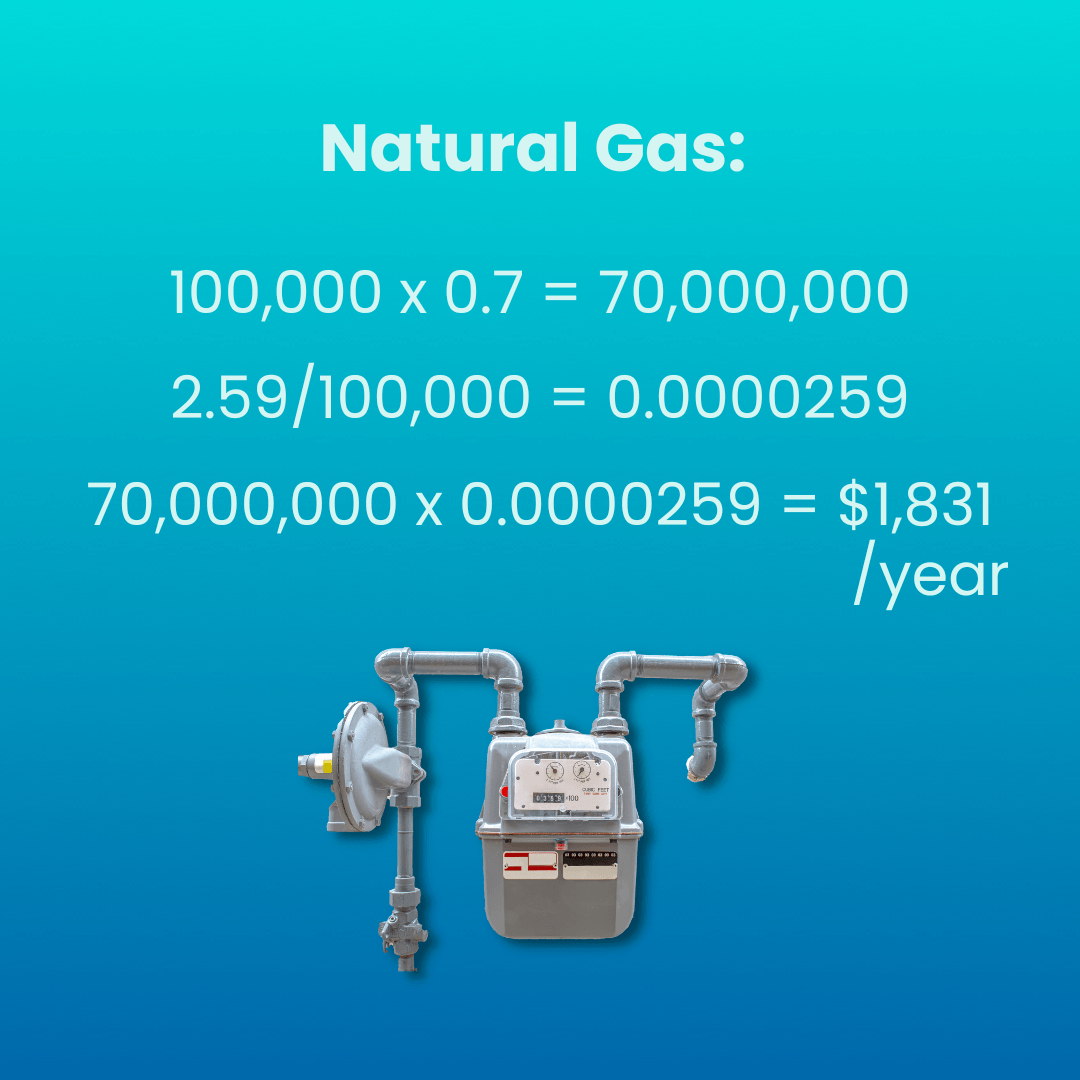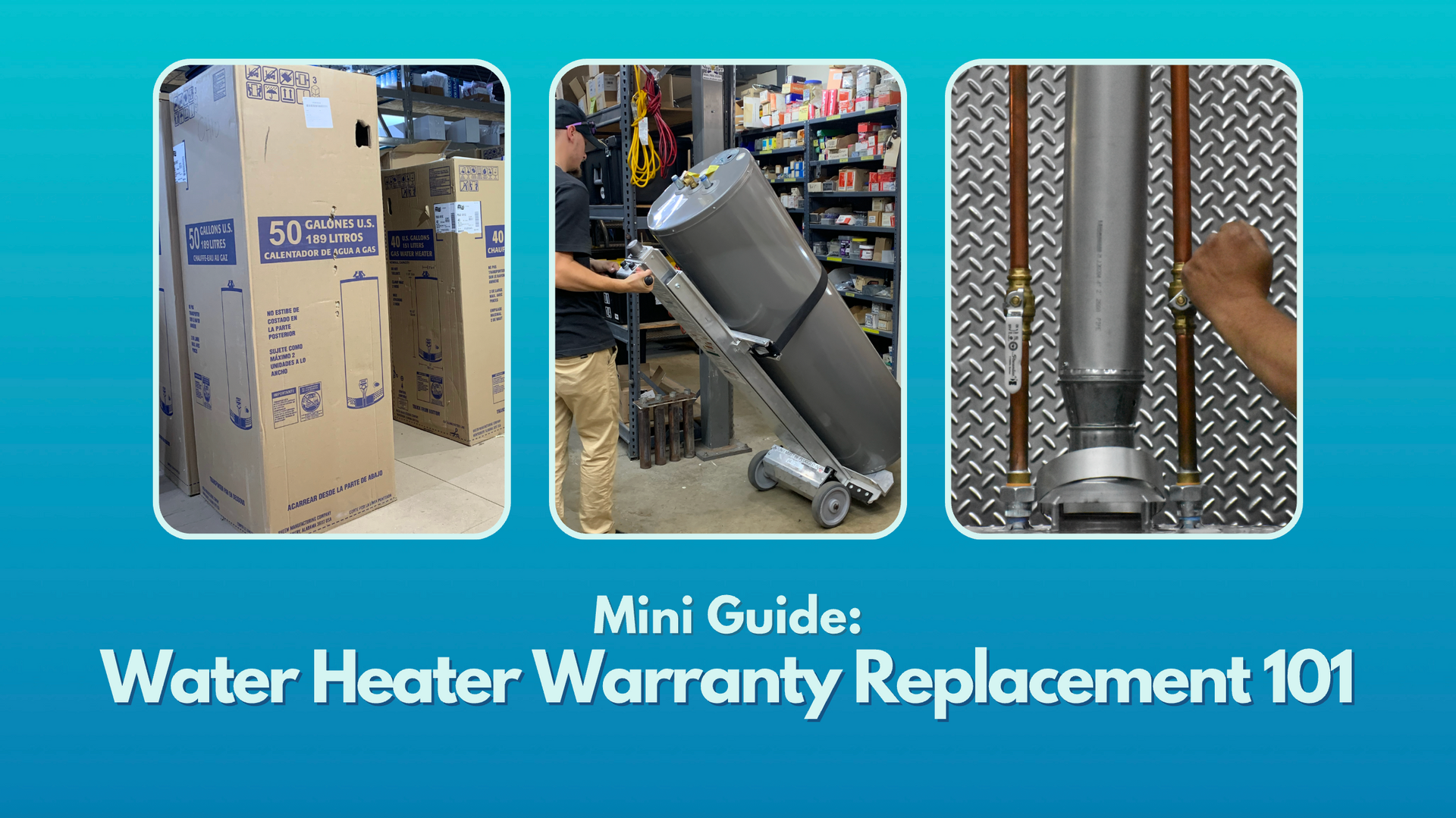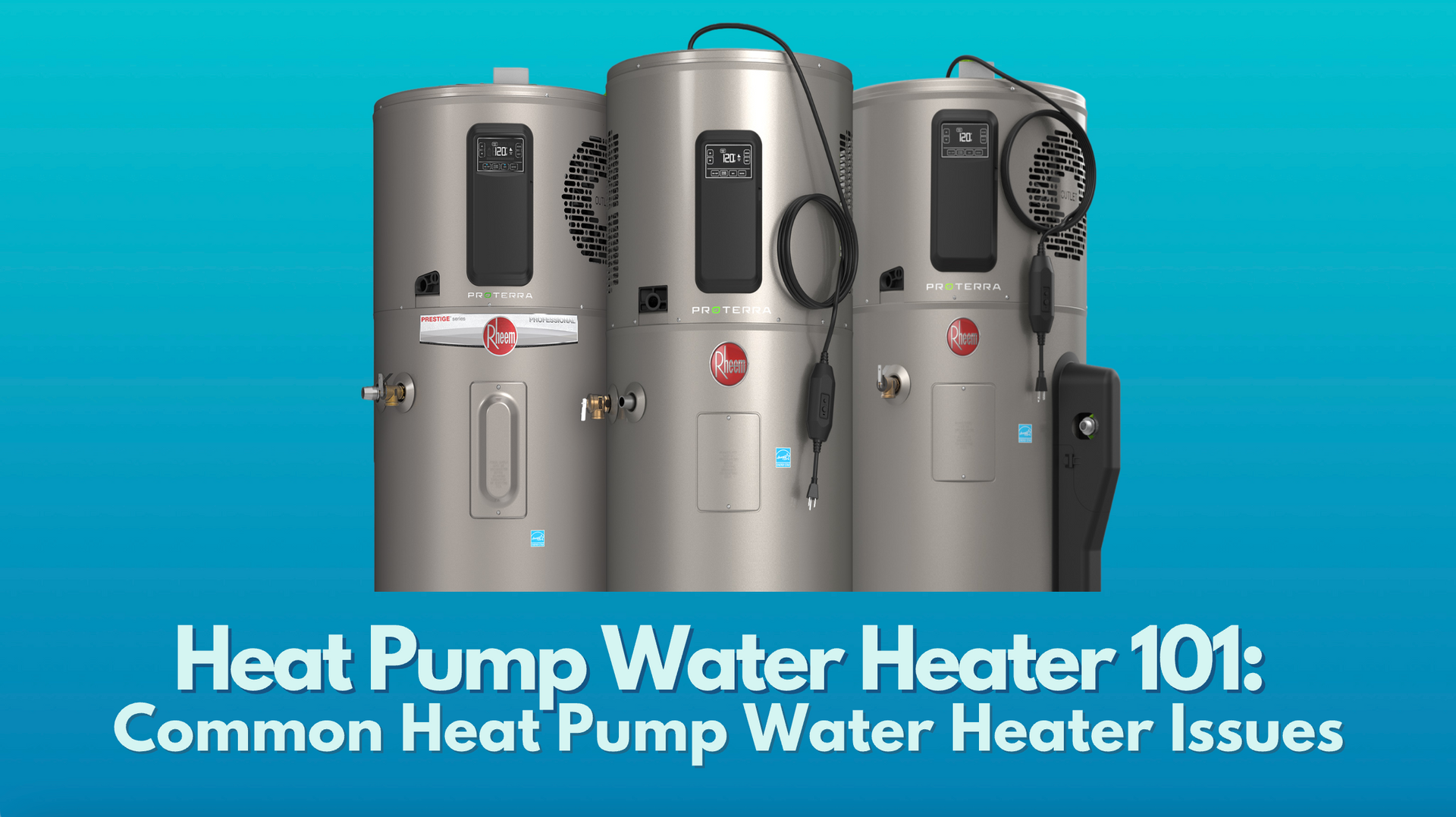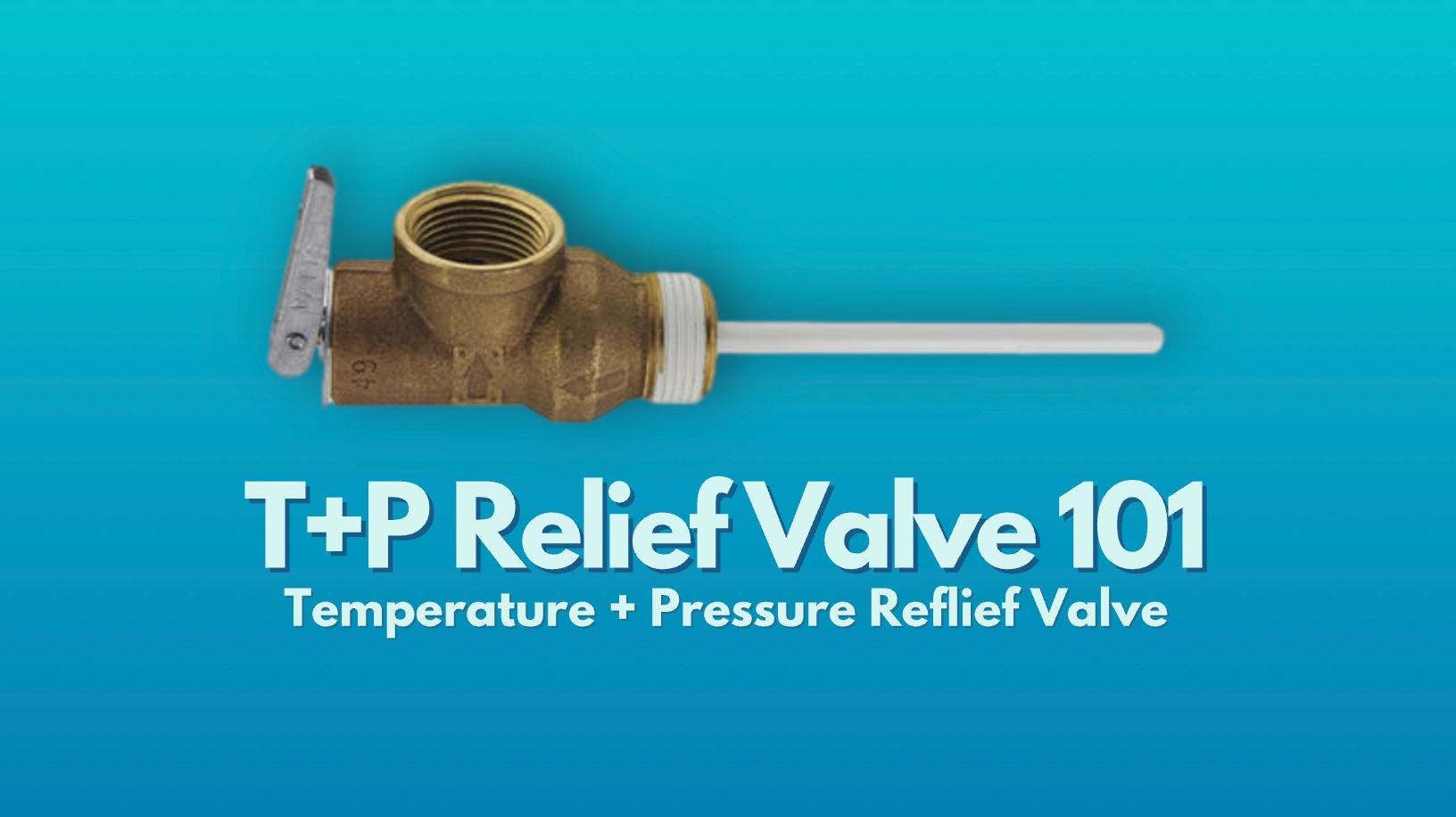Gas Water Heaters: Natural Gas V. Propane
Natural Gas Water Heater Vs. Propane Water Heater
Gas water heaters have a lot of advantages when it comes to hot water, making them a popular choice. Gas heaters heat water quickly, and the monthly utility bill tends to be low compared to electric water heaters.
However, did you know that gas water heaters offer two distinct options when it comes to the actual fuel used to power the heater? A gas water heater uses either natural gas or liquid propane (LP). Picking the right fuel can make a significant difference.
Learn more about the difference between a natural gas water heater and a propane water heater to make the right choice for your home.
About Natural Gas and Propane Water Heaters
Some people assume that a gas water heater can take either natural gas or propane, but that’s not the case.
You cannot effectively use natural gas for a propane water heater or propane for a natural gas water heater unless the unit is a convertible model. A convertible model comes preset to natural gas but offers users the option to switch to propane with the help of a conversion kit. While most convertible units include the conversion kit, some products offer the conversion kit separately.
Since many water heaters don’t have the option to switch back and forth from natural gas to LP, it’s important to make the right choice for your home during the initial purchase.
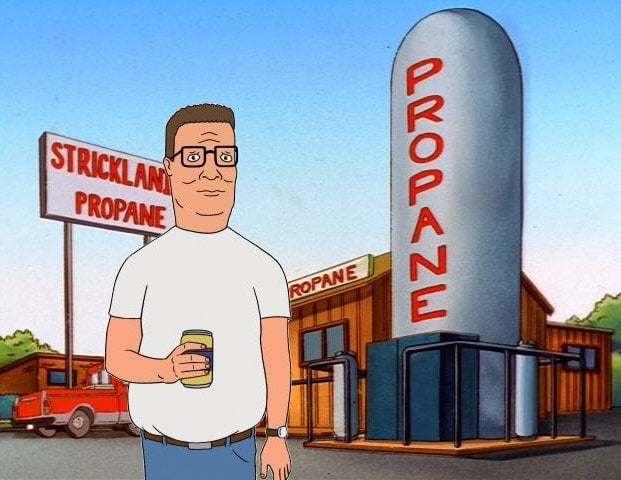
More people use natural gas than propane. Natural gas fuels 42% of homes, while petroleum only fuels 8% of homes. The rest of homes use electricity (43%) or renewable energy sources, such as solar power (7%).
Both storage tank water heaters and
tankless water heaters
provide the option to choose natural gas or propane. If you decide to upgrade to a tankless water heater, you will notice that the unit comes with a higher energy factor, meaning it runs more efficiently than a storage tank water heater. However, you’ll still have a decision to make regarding fuel choice.
Propane vs. Natural Gas
Natural gas water heaters and propane water heaters have unique advantages and disadvantages. When you know the differences, you can make the best purchasing decision when the time comes to buy a new water heater.
The Cost Difference: Is it cheaper to heat with propane or natural gas?
Natural gas costs less than propane, but propane runs more efficiently. Propane burns hotter and requires less fuel to produce the same amount of energy (roughly 2,516 BTUs per cubic foot of propane vs. 1,030 BTUs per cubic foot of natural gas).
But does propane run so efficiently that it makes up for the lower cost of natural gas?
The
average price for natural gas in the United States is currently $2.59 per gasoline gallon equivalent (GGE) compared to $3.53 per gallon for propane, making natural gas significantly cheaper - even after you adjust for propane’s efficiency.
Let's Do the Math!
To calculate a rough estimate of the cost difference between a natural gas water heater and a propane or LP water heater, calculate the BTUs you generated throughout the year. Once you have a good estimate based on past bills and behavior patterns, you will divide the annual heating load by the unit’s energy efficiency rating.
Next, take the cost of fuel and divide it by the number of BTUs per gallon. A gallon of propane equates to 91,452 BTUs. A gallon of natural gas equates to a therm, or 100,000 BTUs.
If comparing two similar units with energy efficiency ratings of .7 with both households producing 100 million BTUs throughout the years, let's
do the math...
Environmentally Friendly - Propane
Professionals classify propane as an “alternative fuel source”. It burns cleanly, so it doesn’t contaminate groundwater and soil, like natural gas does.
Furthermore, 95% of propane used in America is made here in the United States. We don’t have to pay additional taxes to another country to have it imported. Because international and cross-country transportation is not usually required, the cost and air pollution are lower.
Availability - Natural Gas
As a popular fuel source, most homes have access to gas through a private gas line that connects the home to the local gas company. If you don’t already have a private gas line, you will need to install one. New
gas line installation to the street costs
$2000, not including extensions or gas lines inside the house.
In homes where LP is the main fuel source, it is not supplied by the gas company, rather via a
propane storage tank
that is installed near the house. For
installation of a small 100 gallon propane storage tank, homeowners can expect to pay about $300, while a buried 1000 gallon tank will cost $1000. The homeowner will order propane delivery or buy propane at the store when the tank runs low.
While natural gas lines cost a lot to install, most homes already have gas lines, making gas the clear winner when it comes to availability and convenience.
Frequently Asked Questions
U.S. Water Heating Solutions
Whether you have a natural gas water heater or a propane water heater, we at U.S. Water Heating Solutions can help you with your new water heater installation, water heater repair, or water heater conversion. We can also help you when you have questions about your propane or gas water heater.
Contact U.S. Water Heating Solutions
today to schedule an appointment.




